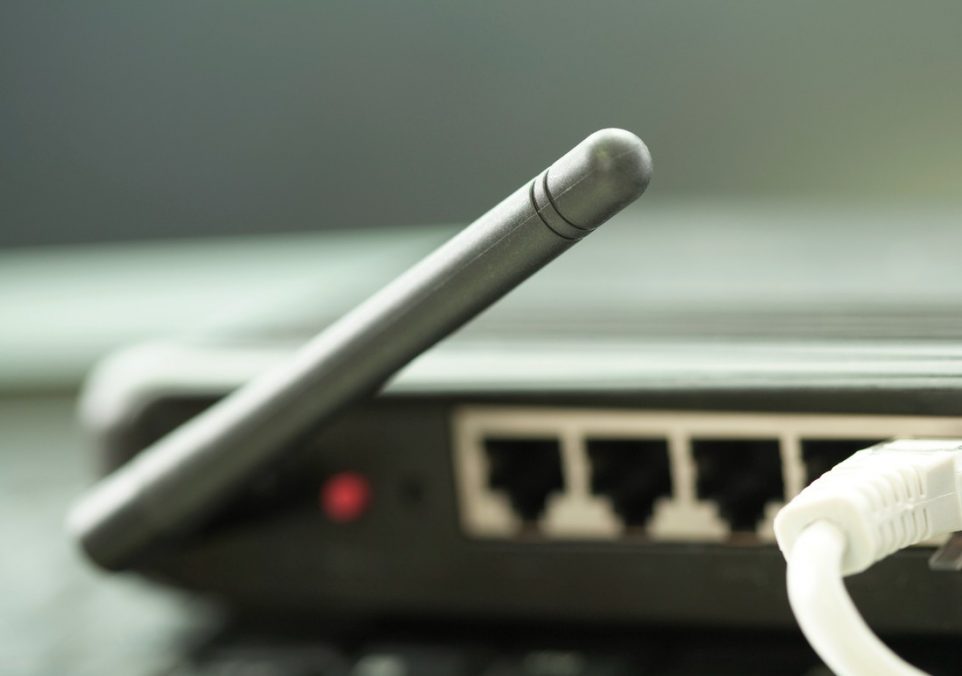Ethernet vs. Internet: What Is the Difference and Which Is Faster?

Ever found yourself puzzled by your sluggish internet during a crucial video call or while streaming your favorite show? You’re not alone. Many people struggle to understand the nuances between Ethernet and internet connections, often mixing them up, yet knowing the difference can dramatically enhance your online experience. This guide aims to demystify these technologies, explaining their benefits, pitfalls, and how to choose the right one for your needs.
Ethernet vs. Internet: What Is the Difference?
Ethernet
Think of Ethernet as the electrical system within your home—hidden yet essential for powering devices. In a similar fashion, Ethernet cables connect devices within a local area (like your home or office), ensuring that data travels quickly and securely within this private network. Ethernet is known for its speed, reliability, and security, making it ideal for tasks that require robust connectivity like file transfers, video conferencing, and gaming.
Internet
In contrast, the internet is akin to the global postal service. It’s a vast network of networks that sends and receives data across the world using a variety of protocols like TCP/IP. While the internet is indispensable for accessing global information and services, it often suffers from slower speeds due to the sheer distance data travels and the volume of traffic on the networks.
Key Differences and Practical Applications
Speed and Reliability
Ethernet often outpaces internet connections, offering speeds up to 1 Gbps (Gigabit per second) – fast enough to download a high-definition film in mere seconds. Unlike the internet, Ethernet connections are less susceptible to slowdowns during peak times because the data travels within a controlled, local network.
Security
With Ethernet, data stays within a private network, which greatly reduces the risks of hacking and data interception. Internet connections, conversely, involve data passing through various public servers and networks, increasing exposure to potential cyber threats.
Use Cases
Ethernet shines in environments where high-speed, secure, and stable connections are paramount, such as in business settings or for home offices. It supports multiple devices simultaneously, maintaining performance without a hitch. The internet, however, is crucial for everyday activities like browsing, social media, and accessing cloud-based services, where direct connections to a wider network are necessary.
Considerations for Home and Business Networks
Many modern homes and businesses use a combination of both Ethernet and internet connections to maximize the benefits of each. For example, a home might use Ethernet for a desktop PC to ensure stable speeds for working from home, while using Wi-Fi (which also relies on an internet connection) for tablets and smartphones.
Ethernet vs. Internet: Pros and Cons
Ethernet
Pros:
- Higher speeds
- Increased security
- Reliability
Con:
- Requires physical cabling and infrastructure
- Can be costly and less flexible
Internet
Pros:
- Broad access
- Requires less physical infrastructure
- Supports wireless connectivity
Con:
- Generally slower speeds
- Potential security vulnerabilities
- Data caps
Which is Faster?
To objectively compare speeds, tools like Ookla Speed test can measure the upload and download rates of each connection. While Ethernet typically offers superior speed, internet speeds are also increasing with advancements in technology like fiber optics and 5G wireless, making it competitive depending on your location and provider.
Our Verdict
Choosing between Ethernet and internet depends largely on your specific needs, budget, and setup. Ethernet is unbeatable for secure, high-speed, and stable connections, especially where performance is critical. However, the internet’s flexibility and broader access make it essential for general use and connectivity beyond local networks. By understanding each technology’s strengths and limitations, you can tailor your home or business setup to ensure you’re always connected in the best possible way.
Your Trust, Our Core Commitment
At Rising Tech, earning and maintaining your trust is the cornerstone of our mission. We're dedicated to transparency, impartiality, and the relentless pursuit of truth in every article, review, and recommendation we publish. Our commitment to these principles ensures that you, our valued reader, are always equipped with reliable and unbiased information. Let us be your trusted guide in the ever-evolving world of technology.